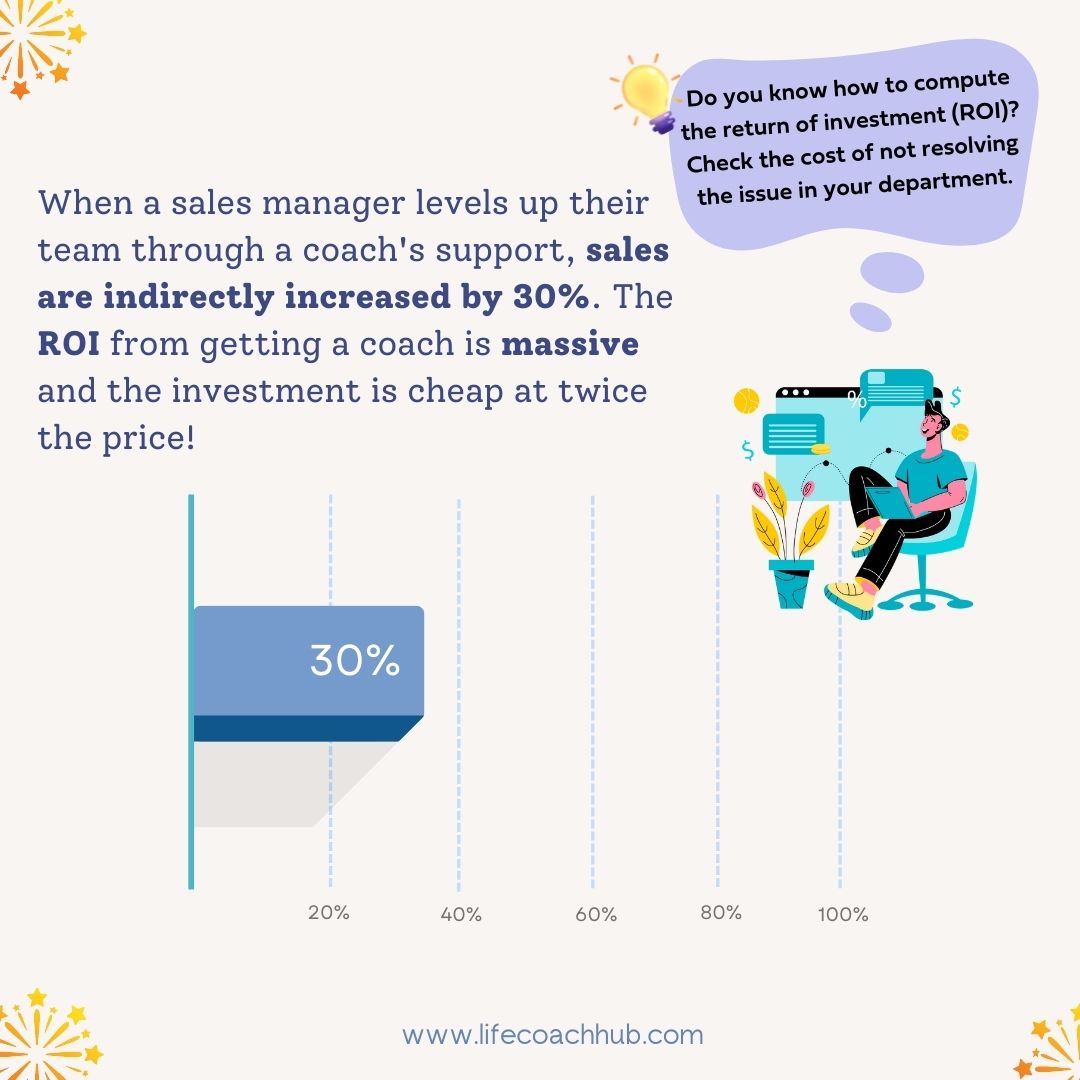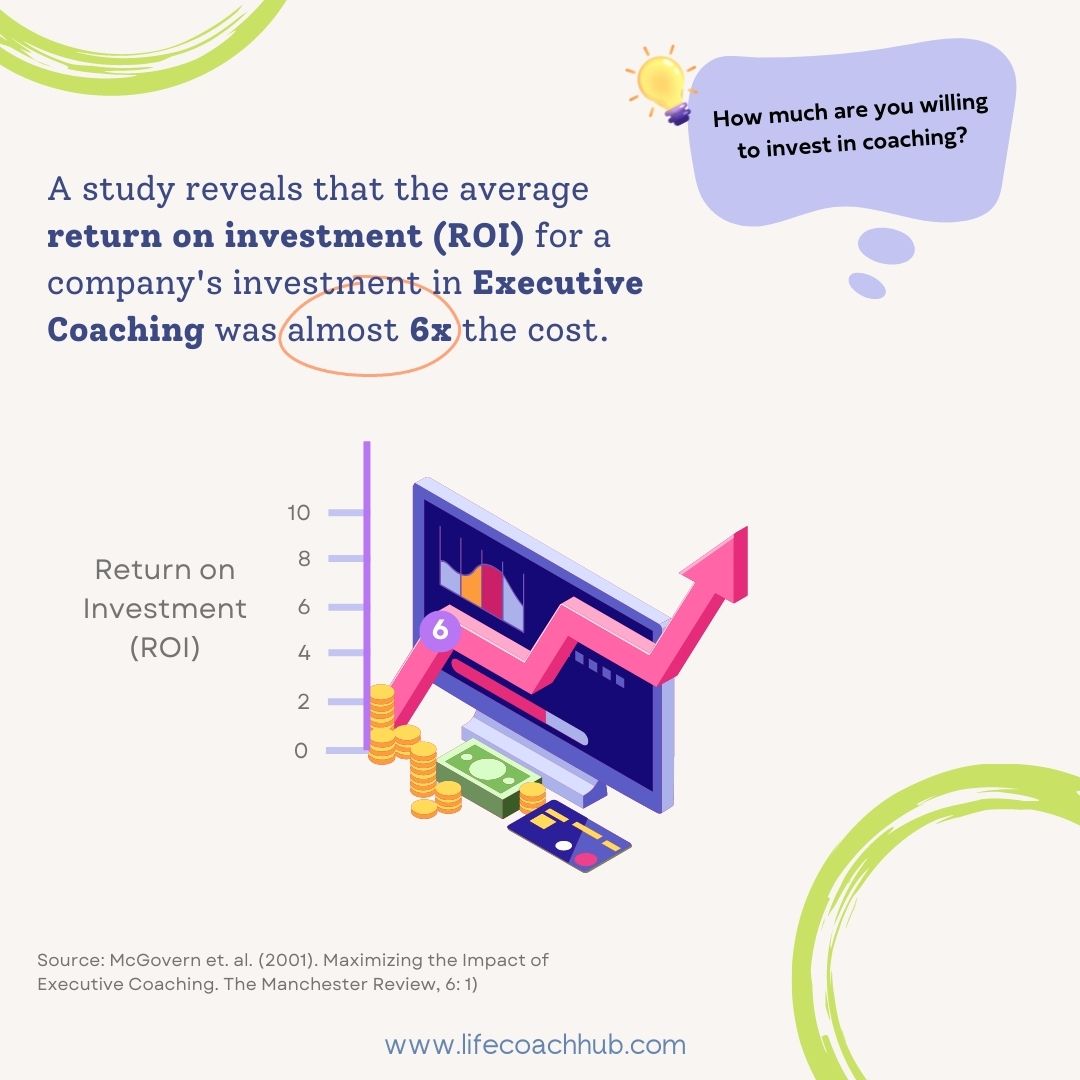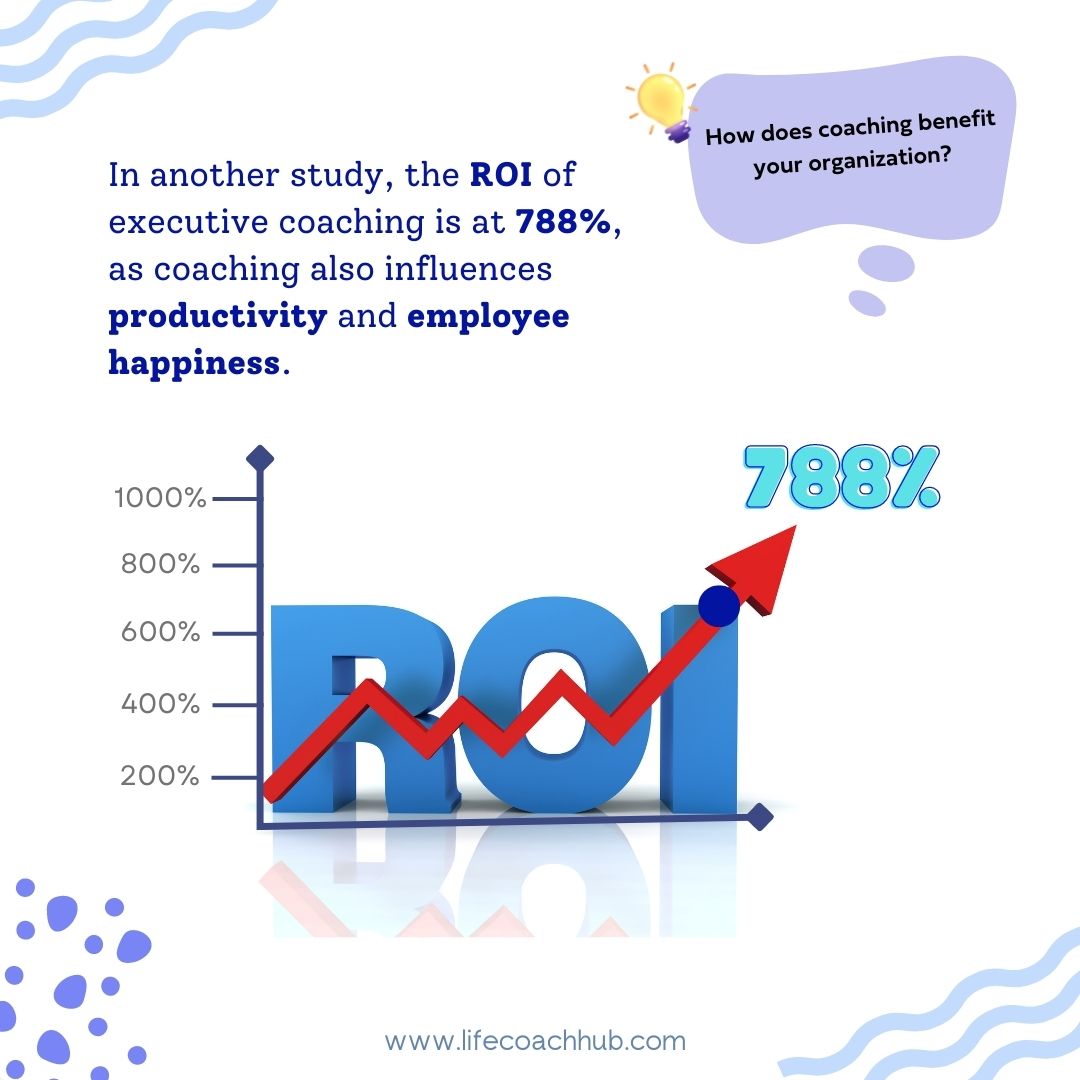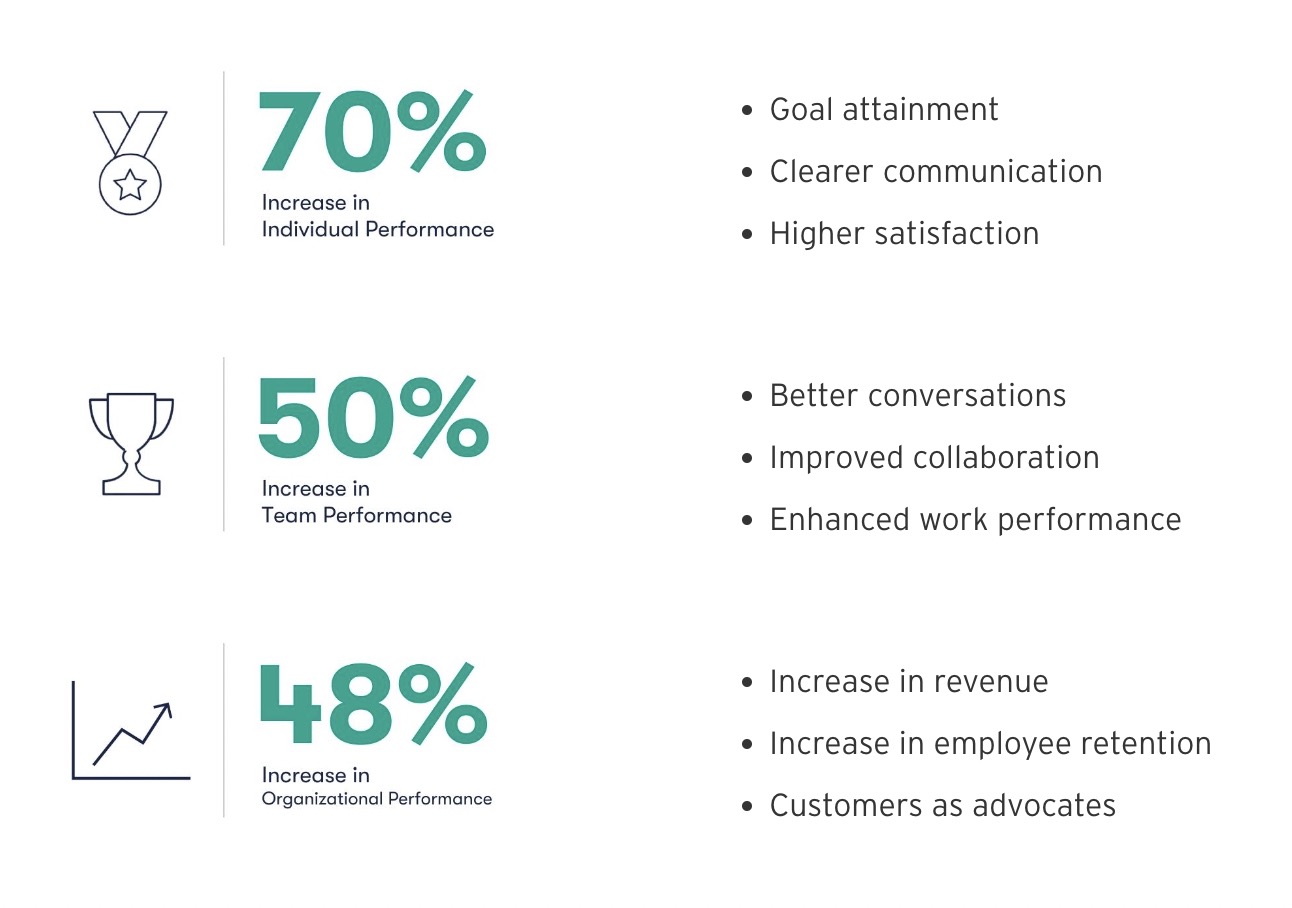

Updated Sept 22 2022
Combining business coaching and training can lead to plain sailing much earlier than you might expect. One of the most common questions that coaches are asked by businesses runs along these lines: “OK, we've been thinking about coaching for our managers, but we don't know why it wouldn't be more efficient to send managers on a training course. Can you tell us why?”
Coaching vs training: It's Not an Either/Or Situation
Actually, we can't just jump in and tell you why corporate training is worse than business management coaching or vice-versa. They are both very different approaches to solving business needs.
Training is an excellent way of giving a first-time manager or someone who's been promoted or moved into another role, the basic skills to do their jobs. They go on a course, or sit on the internet and complete one, and by the end of it, they'll have a good idea of what managers in general do.
That's a great starting point. But it's not the end. Training courses are by their very nature generic. They teach general (but practical) skills. What they don't do is focus in on specific problems facing your manager in your business and help them overcome them.
That's where coaching comes in. Your managers aren't generic faceless beings who can move through your business with maximum success after a few days in a classroom. Some of what they learned, they'll already have known.
Some they'll have understood, and may be able to put into practice. Some they won't have really understood, and can't put into practice. They'll also forget quite a bit of what they learned on a course too—we all do, it's natural.

What a Business Management Coach does
A coach can support a training program too, if you've been training someone in certain skill sets, the coach can help them put those skills into practice. Coaching and training really aren't exclusionary—they can work together for maximum business benefits.

A business management coach will work directly in a one-on-one relationship with the manager you're trying to develop. They will identify with them (and possibly also with their management) specific issues that they are trying to overcome. They will help them find practical solutions to those issues. They can also monitor progress towards specific objectives, and assist them in tweaking their approach until it works.
A coach can support a training program too, if you've been training someone in certain skill sets, the coach can help them put those skills into practice. Coaching and training really aren't exclusionary—they can work together for maximum business benefits.

But what's in it for us?
OK, that's a reasonable question. Here's the simple answer. Because coaches focus on specific business issues with your managers, you should be able to work out what not addressing those issues would cost you. In fact, all business problems are only real problems if they have a financial benefit in being solved.
If you know what it will cost you not to resolve the issue, you can calculate the return on investment. That's right, coaching isn't “fluffy” or intangible, it has direct bottom-line benefits. A coach that helps a sales manager take their team to the next level, and indirectly increases sales by 30% is cheap at twice the price.

You'll want to work with your business management coach to define problems that need solving and put a dollar value to those problems. Then you can see your return.
What is the ROI of business coaching?
Okay if it's not fluffy, what is the return on investment of business coaching, you ask? Numbers, stats! Well according to a study from 2001, the average return on investment (ROI) for a company's investment in Executive Coaching was almost six times the cost. (McGovern et all (2001), Maximizing the Impact of Executive Coaching, The Manchester Review, 2001, 6: 1)

Another study found the ROI of executive coaching to be 788%, especially in terms of productivity and employee happiness. Employee retention was up too (something to consider deeply in today's Great Resignation culture.

The International Coach Federation conducted a study that found that a 70% increase in individual performance, a 50% increase in team performance, and a 48% increase in organizational performance.

Source: American University
What is the difference between a coach and a trainer?
A trainer needs to have the knowledge going in to develop the new skills required by employees. A coach is not transferring knowledge, just facilitating change.
Management trainers and business coaches have different roles. A trainer operates as an expert, deciding on content, order, and hours of training. The trainee is managed from start to finish in this situation. Training helps individuals increase their knowledge and abilities in an organization.
In comparison, employees who are coached will set their own goals and actions, within the structure set by the business coach. Employees in this scenario are considered to have their own resources. The coach is a facilitator, who creates accountability and forward momentum.

A trainer needs to have the knowledge going in to develop the new skills required by employees. On the other hand, although business coaches will have experience in business, they don't need to know the specific area of business in which the organization operates. A coach is not transferring knowledge, just facilitating change.

Is a business coach worth it for your employees?
Well according to a recent article in Forbes, no! At least, not when it's about "half-baked entrepreneur therapy sessions." However, the author maintains that effective coaching "absolutely has the ability to transform your business." You just need to make sure you are choosing someone who will bring out the best in your employees, with a solid background in running a business.
What's it like to hire a business coach for your team
Groove relates their own experience hiring a business coach for their team.
What they did:
They embarked on a three-day retreat. starting with filling out worksheets about their strengths, weaknesses, and corporate vision, as well as DISC assessments. At the opening night team dinner, they played Cards against Humanity, which quickly broke the ice.
The next day they posted the team's survey results all over the walls. The business coach helped them see their company from a 30,000-foot view and assessed its strengths from ten Rockefeller habits. He broke down and analyzed where they could focus for greater results, and WHY they were doing what they were doing. Energized, they set new goals that they had to be accountable to the coach for in the upcoming quarter.
One of the greatest benefits was the team-building exercises the coach planned, including an outing to an escape room.
Overall, the CEO came to this conclusion: :
I’ll admit that I was skeptical about hiring a business coach at first, mostly because I didn’t know what to expect....But what we got was hugely valuable. It helped us look at our business in a way that we had never done before....And it gave us direction and accountability for our future growth.
When to hire a business coach vs a trainer?

Small Biz Vantage argues that most businesses need training or consulting at some point to grow knowledge. However, every business needs a coach, no matter where they are at in the business growth stage.

Corporate training is usually done when new systems are rolling in or new technologies are implemented. For instance, the digitization of the workforce over the last decades has made corporate training programs on everything from Microsoft Office to Google Teams to Zoom a feature of company life.
Business management coaching is usually brought in when there is a change in corporate culture, a change in mission or purpose, or possibly communication issues among employees. Coaching can benefit both managers and employees.
FAQ
Is coaching more effective than training?
Coaching and training are both effective learning strategies but their approach to solving business needs are different. Having said this, the effectiveness differs based on the needs of the employees since training is designed to increase one’s knowledge and skills while coaching is designed to enhance self-awareness of attitudes, behavior, and development needs.
For example, training supports first-time managers to be better equipped in management. However, as problems arise, learning via coaching is prescribed as it helps you drill down on the root of the problem and find solutions.
What are the benefits of coaching in the workplace?
Coaching brings several benefits to employees and their organizations. Here are the advantages of coaching in the workplace:
- Increases employee motivation to excel in their jobs
- Enhances employee engagement
- Empowers employees and encourages them to take responsibility
- Improves individual and team performance
- Supports in identifying and developing employees with great potential
- Supports in finding individual and team strengths and skills for development
- Establishes organizational commitment to employees’ development needs
Does coaching increase retention?
Coaching greatly impacts retention as it increases employee engagement. Deloitte also reveals that having a coaching culture greatly influences organizational performance, employee engagement, and retention.



























COMMENTS